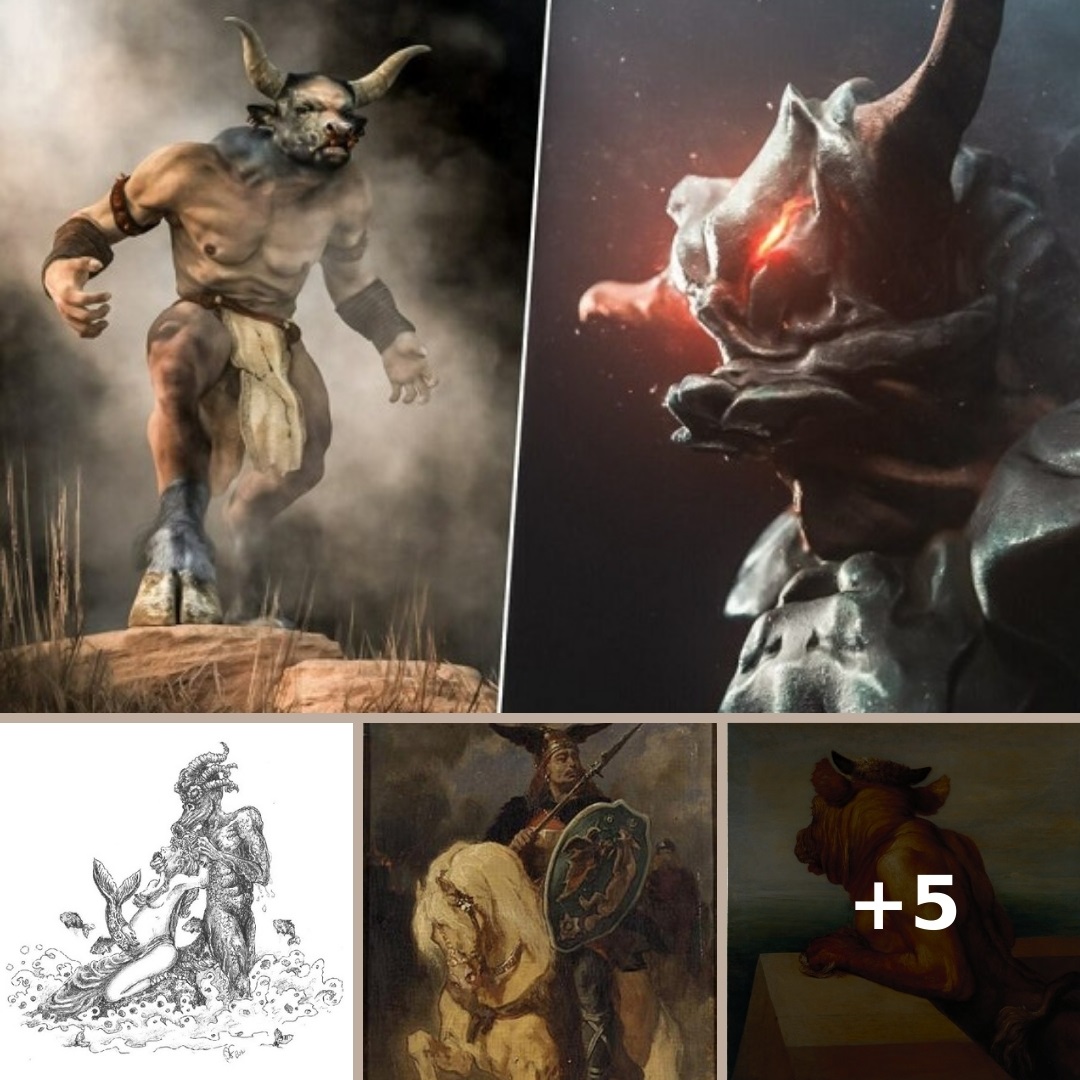AMinotaur (half-man, half-bull) is surely familiar, but what about a Quinotaur? There was a “beast of Neptune” in early Frankish history who was reported to resemble a Quinotaur.
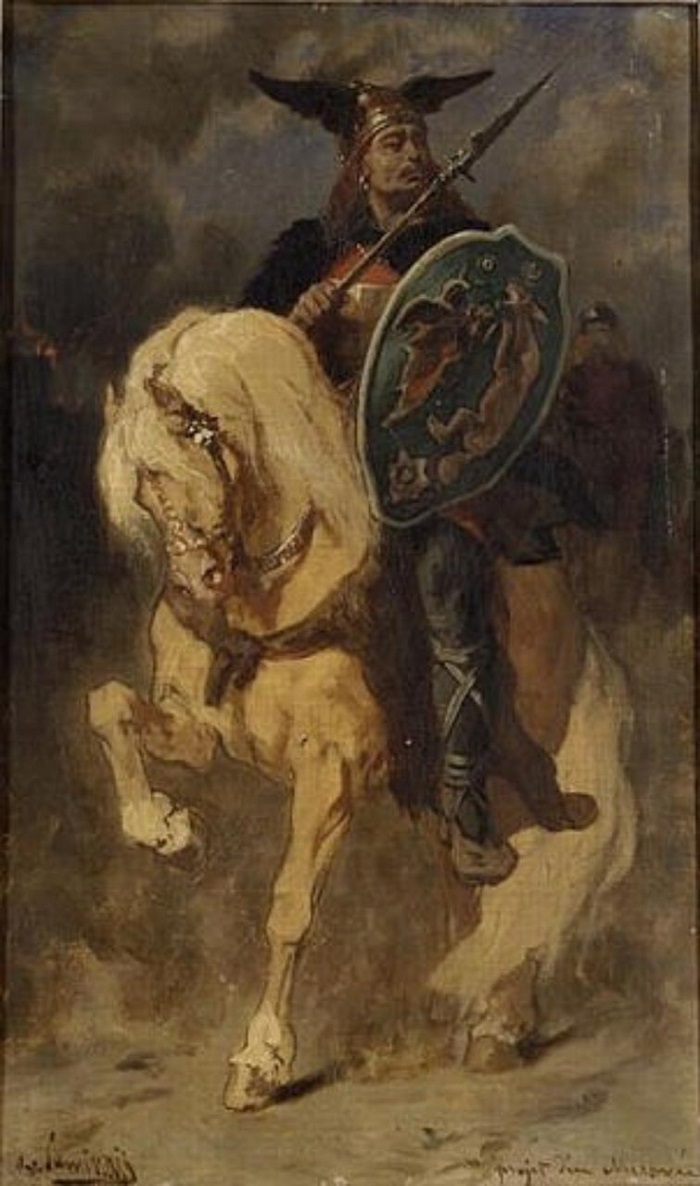
This mysterious mythical being was only mentioned in one source, but he was supposed to have fathered a dynasty of rulers whose descendants are still alive now, and they even appeared in The Da Vinci Code.
Merovech, founder of the Merovingians
The Franks were a Germanic tribe whose ancestors traveled to and governed parts of what is now modern France, Germany, and Belgium. The cleric Fredegar credited the establishment of the Frankish governing dynasty, the Merovingians, to one individual named Merovech in a history of the Frankish people.
Merovech was initially mentioned by Gregory of Tours. But instead of giving Merovech a monster lineage, he makes him a mortal man who establishes a new royal dynasty.
A descendant of Chlodio?
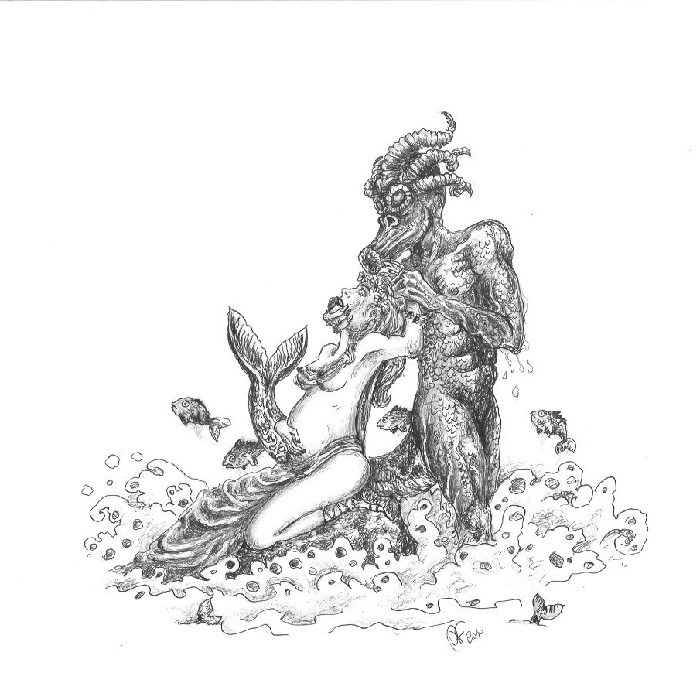
Rather than giving him any notable predecessors, Gregory emphasized the exploits of his successors, notably his son Childeric. Merovech may be linked to a previous monarch named Chlodio, although this has not been proved. What exactly does this mean?
Perhaps Merovech was not of noble descent, but rather a self-made man; in any case, it appears that Merovech’s offspring were more historically significant than his forebears. Other accounts, such as the anonymously written Liber Historiae Francorum (Book of the History of the Franks), expressly attribute Merovech to Chlodio.
However, the aforementioned Fredegar takes a different path. He claims that Chlodio’s wife gave birth to Merovech, but her husband was not the father; instead, she went swimming and mated with a mysterious monster, a “beast of Neptune that resembles a Quinotaur,” in the sea. As a result, Merovech was either the son of a mortal monarch or the offspring of a supernatural beast.
Who, or what, was a Quinotaur?
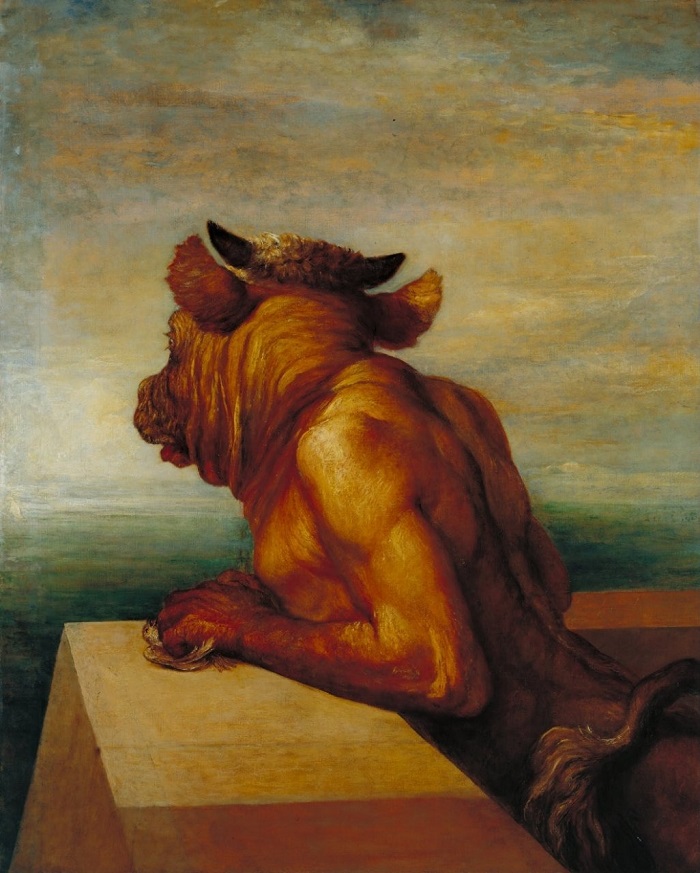
Other than the etymological similarity it bears to “Minotaur,” another famous beast, Fredergar’s is the sole reference to Quinotaur in history, so we don’t have any real means of comparison. Some scholars have suggested that “Quinotaur” was a misspelling of “Minotaur.”
Bulls weren’t particularly prominent in Franco-Germanic myths, so it’s suggested that this creature was of Latin inspiration. Indeed, even by that time, there was a long tradition of casting the Franks as heirs to the classical Mediterranean (and thus as legitimate heirs of the Romans); after the Trojan War, the Trojans and their allies reportedly fled to the Rhine, where their descendants eventually became the Franks.
Why did Fredegar suggest that Merovech had a mythical sea creature as a father?
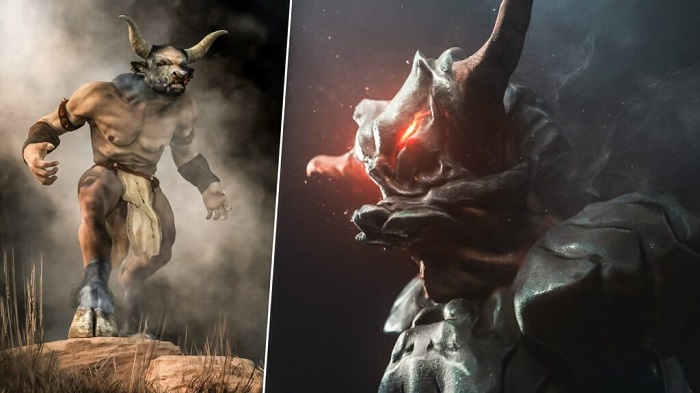
Perhaps Fredegar was elevating Merovech to hero status. A semi-mythical ancestry was a characteristic of many mythological heroes; think of, for example, the Greek king Theseus of Athens, who claimed both the sea god Poseidon and the mortal king Aegeus as his father.
In other words, having a sea monster father made Merovech—and his real-life descendants, living and ruling during the times of Gregory and Fredegar—different from those they ruled over, perhaps as demigods or, at least, divinely ordained.
Some historians have suggested the Merovingians were indeed thought of as “sacred kings,” somehow more than mortal, men that were holy in and of themselves. The kings would be special, perhaps invincible in battle.
The authors of Holy Blood, Holy Grail, who posited that the Merovingians were descended from Jesus—whose hidden bloodline migrated from Israel to France via Mary Magdalene—were big proponents of this theory. Other scholars have suggested that this tale was an attempt to parse out the name “Merovech,” assigning it a meaning of “sea bull,” or some such.
Rather than understanding the Quinotaur as a mythological justification for the Merovingians being sacred kings, some think the issue is much simpler. If Merovech was Chlodio’s son by his wife, then he was just your average king—nothing special. And if Chlodio’s queen had a child by a man who was neither her husband nor a mythical sea creature, then Merovech was illegitimate.
Rather than specifying that a mythical creature fathered Merovech, maybe the chronicler deliberately left the king’s parentage—and thus the ancestry of his son, Childeric—ambiguous because, as British Ian Wood wrote in an article, “there was nothing special about Childeric’s birth.”
